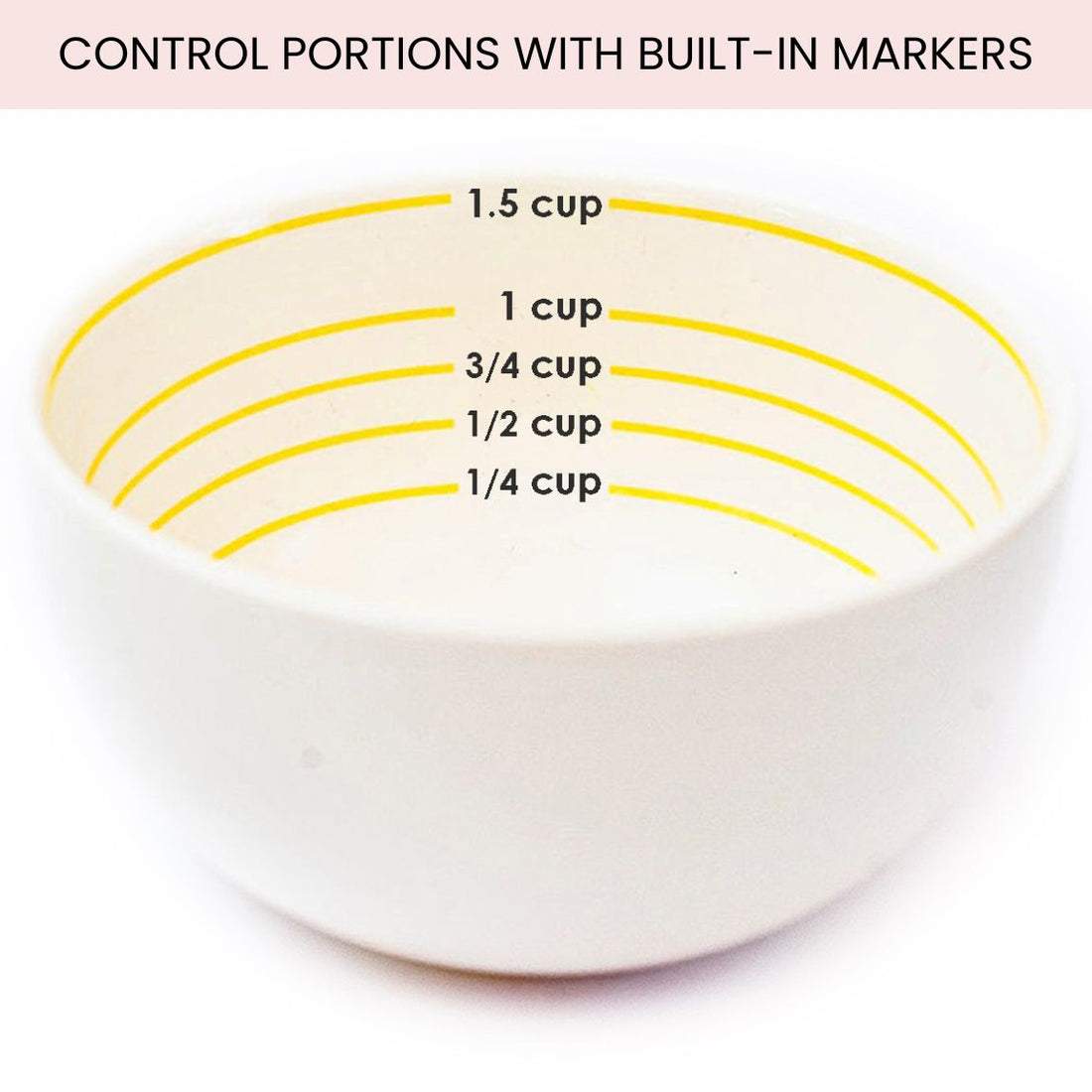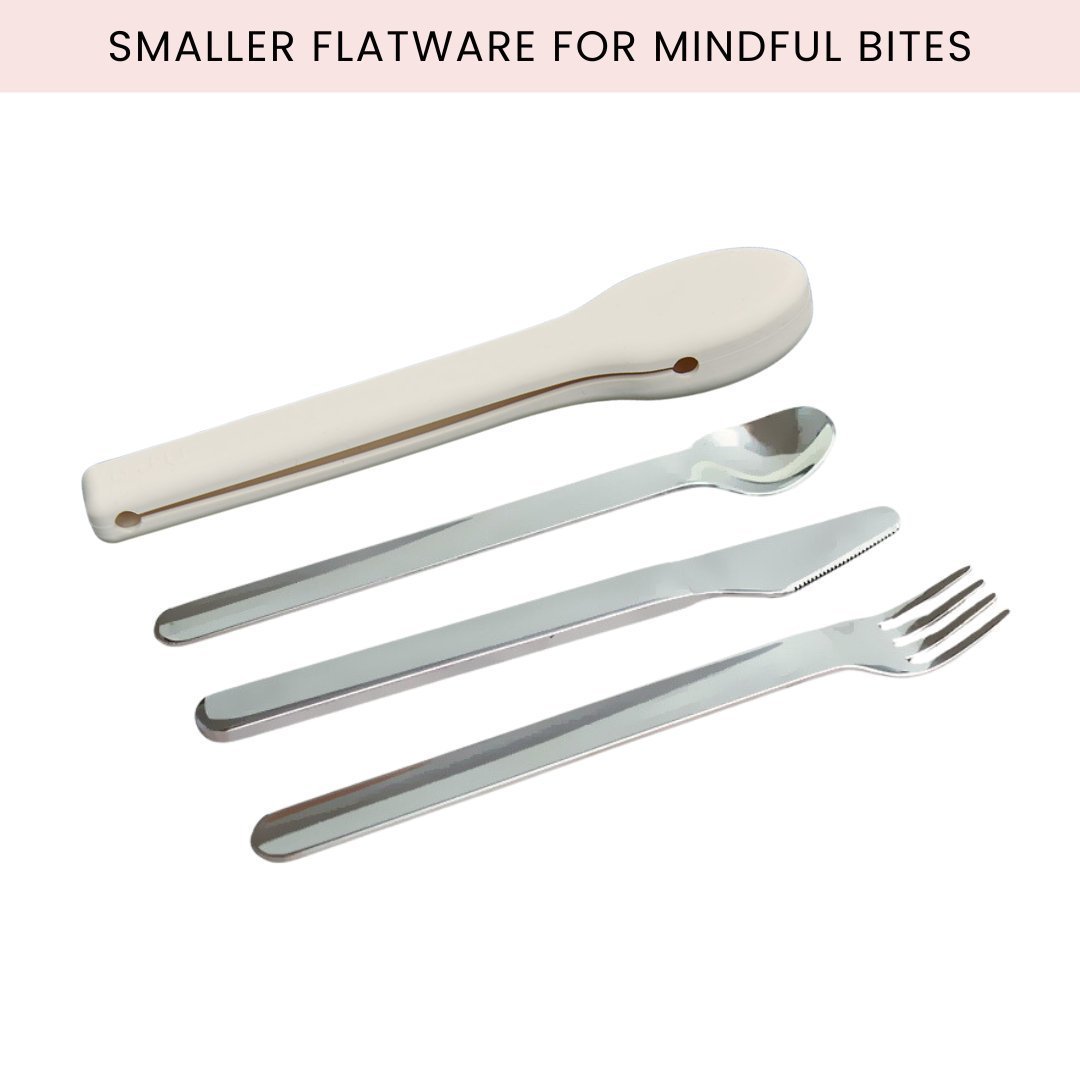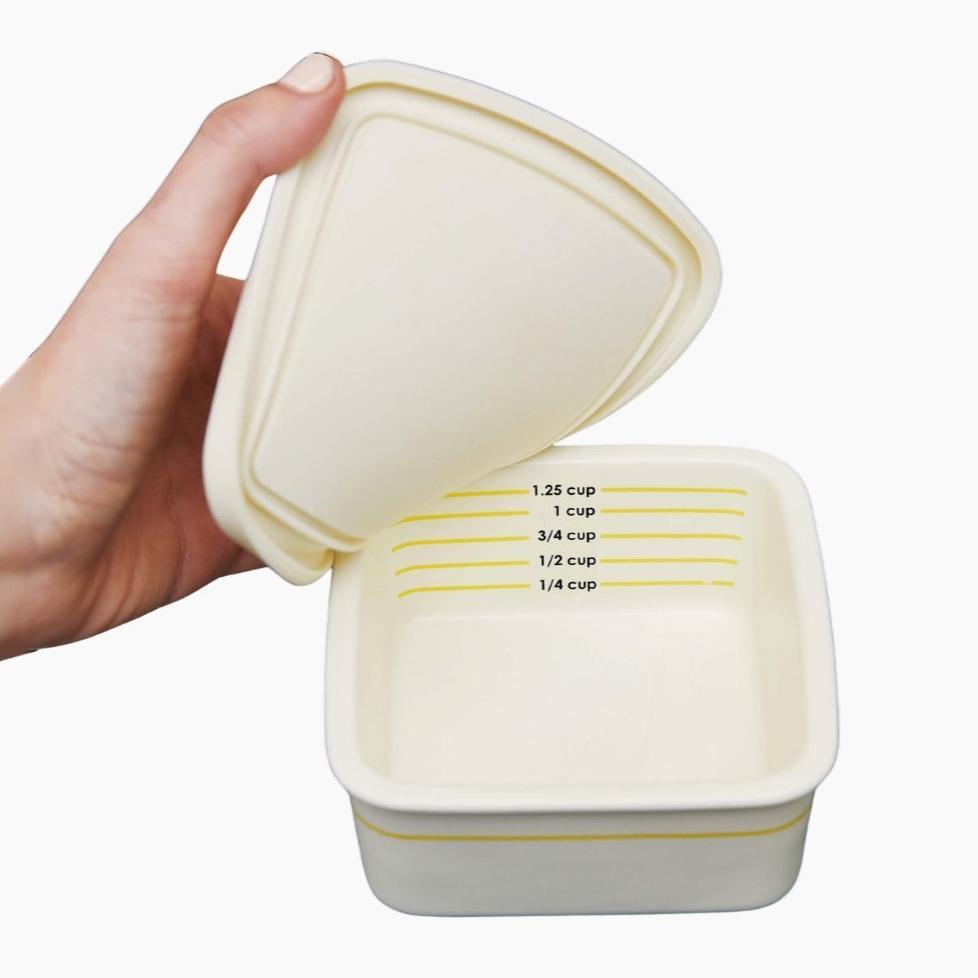Bariatric surgery offers a life-changing opportunity to lose weight, improve health, and regain confidence. While the procedure is generally safe and effective, like any surgery, it comes with potential risks and complications. Understanding the possible complications is essential for anyone considering bariatric surgery, as well as for those who are recovering post-op. By knowing what to expect and how to manage these risks, you can set yourself up for a successful journey toward better health.
In this blog, we’ll explore the common complications after bariatric surgery, ways to manage these challenges, and how Uba Complete Bariatric Kit can help you stay on track with portion control and recovery.
Common Complications After Bariatric Surgery
Bariatric surgery involves modifying the digestive system to help you lose weight. While it is a proven treatment for obesity and related health conditions, complications can occur during recovery. Here are some of the most common issues:
|
Complication |
Description |
|
Dumping Syndrome |
This happens when food moves too quickly from the stomach to the small intestine, causing symptoms like diarrhea, nausea, and abdominal cramps. It’s often triggered by high-sugar or high-fat foods. |
|
Nutritional Deficiencies |
Because your stomach is smaller and or a portion of your small intestine has been bypassed you may not absorb enough nutrients. Vitamin supplements and balanced meals are essential to prevent deficiencies in iron, calcium, vitamin D, B12, and other important vitamins. |
|
Dehydration |
Post-surgery, it can be challenging to drink enough water, leading to dehydration. Small, frequent sips throughout the day can help you stay hydrated. |
|
Blood Clots |
There’s a risk of blood clots forming after surgery, especially if you’re immobile for long periods. Regular movement and following your doctor’s recommendations are crucial. |
|
Gastric Leakage |
In rare cases, the surgical connection between the stomach and intestines may leak. Symptoms include severe abdominal pain, fever, and increased heart rate. Immediate medical attention is necessary. |
|
Bowel Obstruction |
A blockage in the intestines can occur after surgery, causing pain, nausea, and vomiting. Surgery may be needed to resolve this complication. |
Managing Post-Op Bariatric Surgery Complications
While bariatric surgery complications can be concerning, most are manageable with the right care and attention. Here's how you can take steps to reduce and manage complications:
- Follow Dietary Guidelines: After surgery, your doctor will provide specific dietary guidelines to follow. Gradually transition from liquids to solid foods and avoid high-fat, high-sugar meals to prevent complications like dumping syndrome.
- Stay Hydrated: Drink at least 64 ounces of water daily in small, frequent sips to avoid dehydration. Carry a water bottle with you as a reminder to keep sipping throughout the day.
- Take Nutritional Supplements: Since nutritional deficiencies are common, ensure you’re taking the recommended vitamins and supplements. Regular blood work will help monitor your levels.
- Stay Active: Light activity such as walking can help reduce the risk of blood clots and improve circulation. Avoid heavy lifting or strenuous activity until you receive clearance from your doctor.
- Monitor for Warning Signs: Keep an eye on symptoms such as severe pain, fever, or rapid heart rate, which may indicate complications like gastric leakage or bowel obstruction. Contact your healthcare provider immediately if any of these occur.
The Role of Portion Control in Preventing Complications
Portion control is one of the most important factors in preventing bariatric surgery complications and ensuring long-term success. After surgery, your stomach is significantly smaller, meaning it can only handle small amounts of food at a time. Eating too much, too quickly, or choosing the wrong types of food can lead to discomfort and other complications.
This is where Uba Portion Control Tools come in. These tools are specifically designed to help bariatric patients manage their food portions effectively. Here’s how they can support your recovery:
|
Tool |
Benefit |
|
Portion Control Plate |
Pre-divided sections help ensure you’re eating the right amounts of protein, vegetables, and healthy fats, preventing overeating and nutrient imbalances. |
|
Portion Control Bowl and Container |
Precise measurements ensure you’re consuming appropriate portion sizes, which is crucial in the early post-op stages. |
|
Flatware |
Smaller cutlery can help you eat more slowly and take smaller bites. |
|
Food Journals |
Tracking what you eat helps you stay accountable and ensures you’re following your post-op dietary guidelines closely. |
By using Uba Complete Bariatric Kit, you can stay on track with your nutrition goals, minimize the risk of post-surgery complications, and maintain long-term success.
When to Seek Medical Attention
While many bariatric surgery complications can be managed with proper care and attention, some issues require immediate medical attention. Here’s when to contact your doctor:
- Severe or Persistent Pain: If you experience unrelenting pain in your abdomen, it could indicate a serious complication like gastric leakage or bowel obstruction.
- Fever: A fever after surgery may signal an infection or other complications, which could require antibiotics or further treatment.
- Difficulty Breathing: Shortness of breath or difficulty breathing can indicate a blood clot or pulmonary embolism, both of which are medical emergencies.
- Inability to Keep Fluids Down: If you’re unable to drink water or keep liquids down, this could lead to dehydration or other serious complications.
- Rapid Heart Rate: A consistently elevated heart rate could indicate a complication like dehydration,an infection, or other serious complications. Seek medical advice if this occurs.
It’s important to communicate with your healthcare team and report any unusual symptoms to ensure prompt treatment and prevent complications from worsening.
Conclusion: Staying Informed and Prepared for a Successful Recovery
Bariatric surgery is a powerful tool for achieving significant weight loss and improving overall health, but it’s important to be aware of the potential complications and how to manage them. By following your post-op guidelines, staying hydrated, taking your vitamins, and using portion control tools, you can reduce your risk of complications and ensure long-term success.
If you do experience any complications, don’t hesitate to reach out to your healthcare provider. With the right knowledge, tools, and support, you can overcome these challenges and achieve a healthier, happier life after bariatric surgery.










